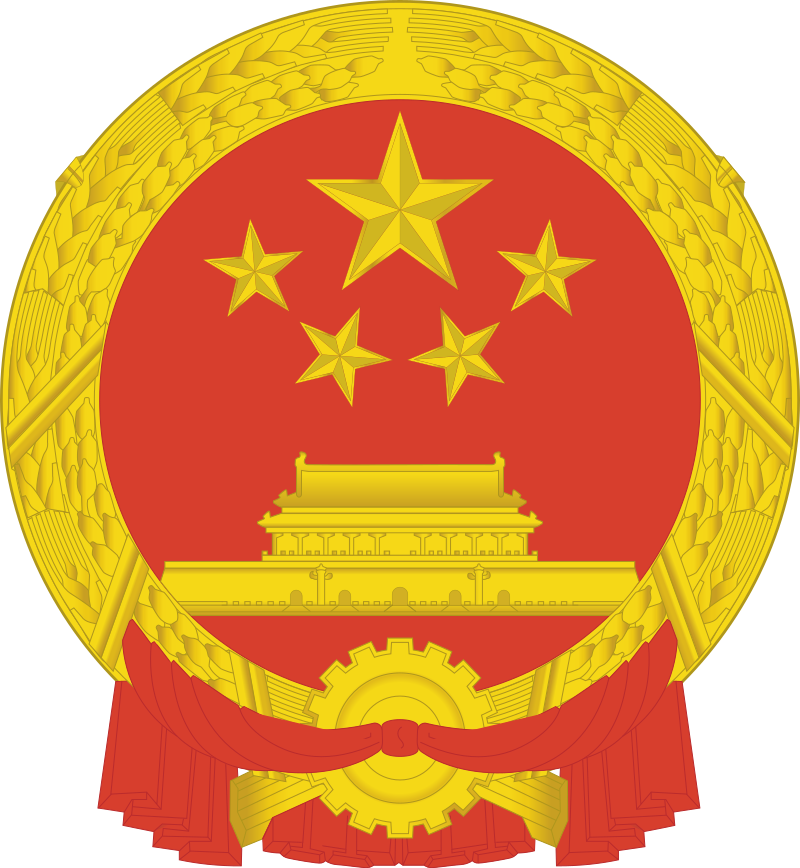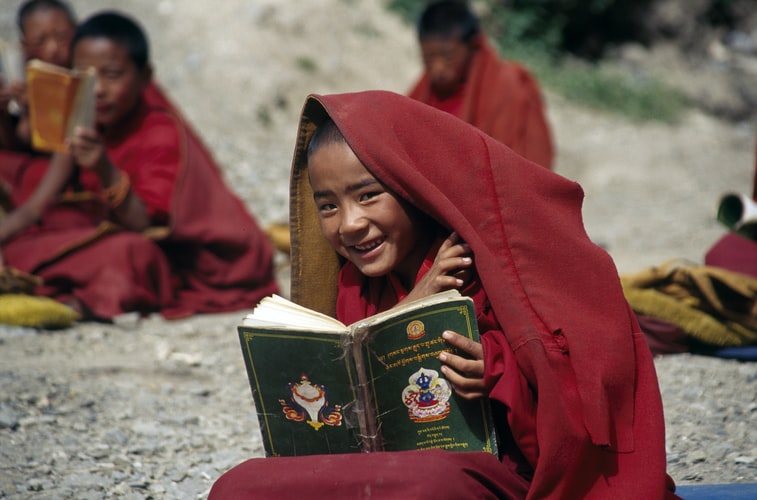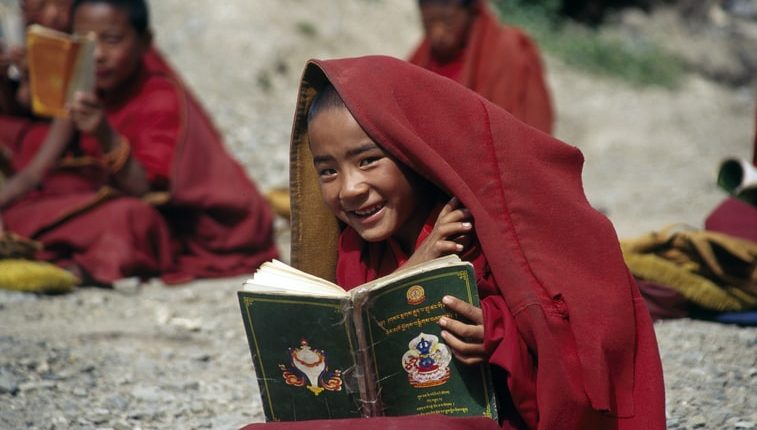The Han takeover on India’s North West frontier continues with China continuing to oppress the peoples and linguistic histories of peoples throughout the region.
Notwithstanding China’s claims (as claimed in a 2019 white paper, “Seeking Happiness for People: 70 Years of Progress on Human Rights in China,” that it fully protects the freedom of ethnic minorities to use and develop their spoken and written languages, and that the state protects by law the legitimate use of spoken and written languages of ethnic minorities in the areas of administration and judiciary, press and publishing, radio, film and television, and culture and education, China continues to force Mandarin as medium of instruction to replace Uighur, Tibetan and the Mongolian languages in the schools in the Xinjiang Uyghur Autonomous Region, the Tibetan Autonomous Region and in Inner Mongolia.

In Mongolia, the Chinese State Council has failed to recognise the Mongolian language as one of the region’s official languages despite the National People’s Congress delegates from the Inner Mongolia Autonomous Region seeking the State Council’s approval.
Further, the Provincial Education Bureau in Hohhot, Inner Mongolia, undertook to replace the Mongolian language, and introduce Mandarin as the medium of instruction in schools and universities, starting in September 2020.
The teaching of history and political science, which was being carried out in Mongolian, instead will be taught in Mandarin.
This development has largely escaped the eyes of the international media, which is focussed more on similar acts by Chinese authorities in Xinjiang and Tibet.
The “bilingual” education system introduced in Xinjiang is an attempt to transform Xinjiang minority education system; replacing the Uyghur medium of education with Mandarin as the medium of instruction.
Entrance exams at all levels of the Xinjiang education system have undergone change for minority students.
If the students take entrance exams in ethnic languages, the bonus points are reduced from 50 to 15 thus giving a disadvantage to those appearing in local languages.
This forces the majority of Uyghur students to use the Mandarin language as their medium of education, and they are forced to attend Han-majority schools.

Some local education departments even issued notices for all kindergartens, primary and middle schools to implement educational activities in Mandarin only, with the purpose to use Mandarin only in all educational institutions by 2020.
On March 5th, 2020 a report by Human Rights Watch exposed Chinese-language schooling in Tibet, calling the trend “an assimilationist policy for minorities that has gained momentum under President Xi Jinping’s leadership.”
Since China introduced its “bilingual education” policies in 2010, Tibetans have repeatedly protested through online letters and petitions to prevent cultural cleansing by China.

Yet, earlier, in 2018, the Public Security Bureau declared a crackdown on Tibetan organisations working for the preservation of the Tibetan language and environment protection along with traditional Tibetan social organisations like welfare associations; branding them ‘illegal organisations’.
Beijing’s consistent effort to assimilate minority regions through demographic change and language imposition has been ongoing for decades.
The latest coordinated efforts in Tibet, Mongolia and Xinjiang point to a systematic attempt to demolish the ethnic identities of Tibetans, Uighurs and Mongolians by systematically obliterating their linguistic-cultural identity.
About the author: Nadir Ali Wani is a resident of Hawal in Srinagar the capital of Jammu and Kashmir.
He holds a Masters degree in Conflict Studies and International Relations from Jawahar Lal Nehru University New Delhi.
Mr. Ali has an abiding interest in the study of conflicts in South Asia with particular interest in the international politics to do with China, Islam and Kashmir.
He worked as a Research Assistant to Professor Amitabh Mattoo at JNU, New Delhi while conducting dialogue with various members of the civil society and with the Kashmiri leadership.
He has been associated with the Interlocutor’s Group after the 2010, uprising in Kashmir in the capacity of a Research Officer. Currently
Mr. Ali is Director, Center for peace and justice a research based group in Srinagar, which is a non profit organisation an NGO known for its efforts of youth development in Kashmir.
He has no political affiliation.










Comments are closed.